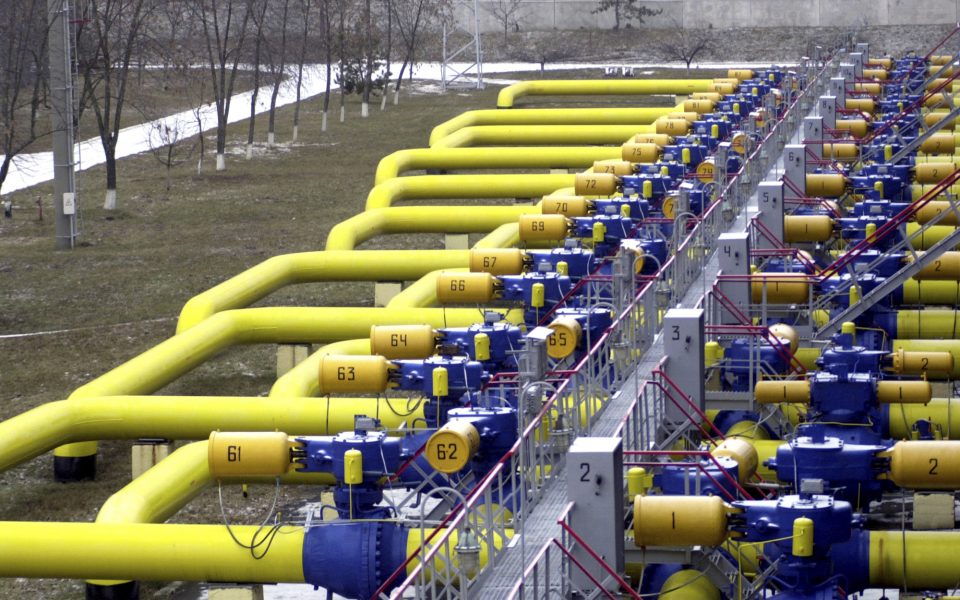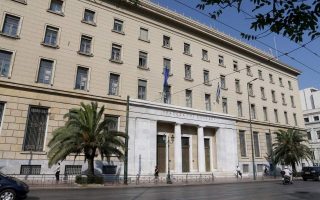The war and the economy

What will the impact of war be on the economy? The most common answer in these cases is “It depends.” It mostly depends on non-economic factors, first of all the length and magnitude of the military conflict. War has returned to the European continent for a second time after 1945. Kyiv is suffering the horror witnessed in Sarajevo and Belgrade during the 1990s, only this time the disaster is the result of a dogma which we thought was dead in the water: the idea that borders can be redrawn by brutal force – in this case, force exercised by a regime which possesses nuclear weapons and is an enemy of democracy. Last Thursday, Europe was violently pulled back to the 19th century.
How far will Putin go? This will basically shape energy prices, which will, in turn, determine whether the global and the European economy will simply need more time to recover from the coronavirus pandemic or whether they will slide back into recession, the second in three years. The US has kept the energy sector largely out of the sanctions package, the Russian economy relies on fuel (and weapons) exports, but Putin has amassed a $620 billion war chest to weather the most crippling of sanctions in the coming months. It’s impossible to predict what he will do before the cycle of catastrophe (of his own and of Russia) comes to a close.
A key issue is whether Europe will continue to be supplied with gas that flows through pipelines running through Ukraine
A key issue is whether Europe will continue to be supplied with gas that flows through pipelines running through Ukraine. As war rages in Ukraine, damage – intentional or accidental – to the pipelines cannot be ruled out. It is a serious risk which has been factored in by the markets. The risk will remain also in the context of unorthodox warfare if Putin were to install a puppet government. So even if the gas flow to Europe were to continue uninterrupted, prices may well remain high. According to some scenarios, crude oil prices will surge above $120 per barrel, with natural gas prices soaring accordingly.
A second issue is bond markets. At the moment, the markets anticipate that the war will end relatively soon, the yields are modest and the spreads have not widened much. There are, however, two issues that a country like Greece, that is over-indebted and with bonds in the “junk” category, must take into account: (a) In the last 24 hours, bonds of vulnerable countries (Turkey, Egypt, Pakistan) have been selling off, as investors seek security; (b) The pressure on the bond market will not be uniform: The yields that will increase more will be those of bonds that are not in investment grade, but in the “junk” territory – such as ours.
Prompted by the surge in energy prices, talk about stagflation has returned. The war will also affect the Greek economy. Pessimistic scenarios by reliable analysts say projected economic growth this year willdrop by about 2.5 percent – from 4-4.5 percent to 1.5-2 percent. A respected government minister was noting in private that such estimates are exaggerated and that any negative impact will not exceed 1.5 percent. I really hope the minister is right on this. In any case, the negative repercussions cannot be mitigated with wishful thinking, but with reforms. And these repercussions will only grow if the administration continues the handouts policy of the past two years in a bid to lure votes.





